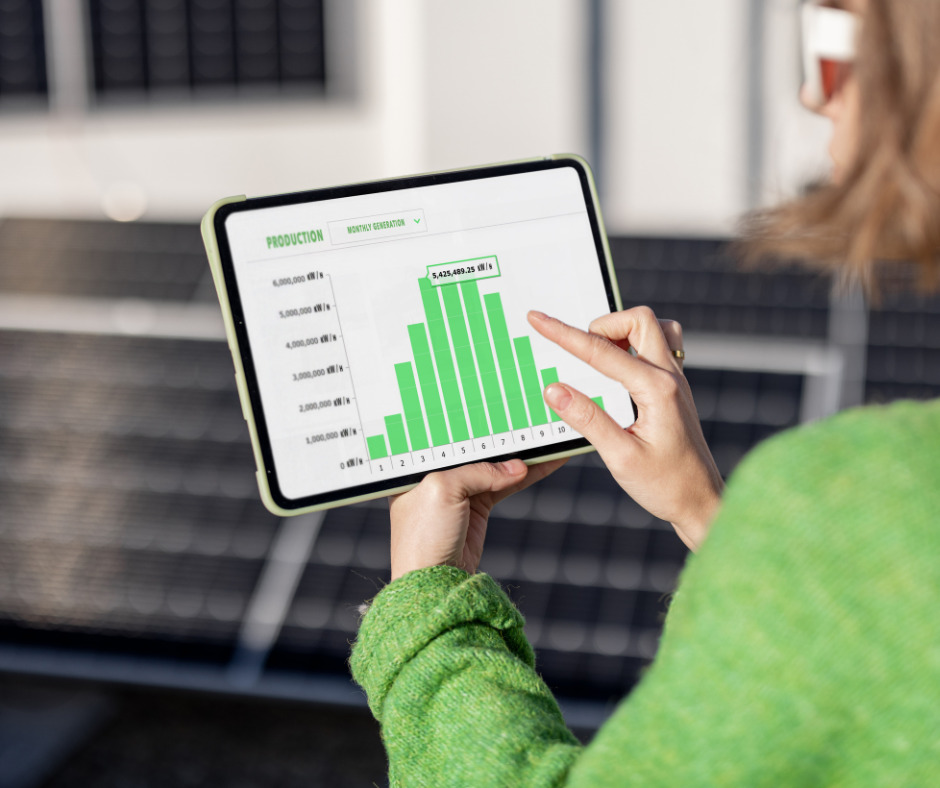How long does it take for solar panels to become profitable?
It depends on multiple variables relative to the installment cost. You need to consider your monthly bill and how many panels you need. Your roof type also matters, as does the age of your roof and any additional work required to install the solar panels, like an electric panel upgrade. All these factors dictate the cost of your solar panel installation.
The other important factor is your cost per kWh. If you live in CA, where electricity is expensive, your payback period will be quicker than if you live somewhere where electricity is less expensive. Also, you have almost no payback period if there is no net metering.
What is the typical solar payback period?
The solar payback period is the time it takes for you to get your initial solar investment. While multiple factors should be considered to compute your solar panel payback period, the average is estimated to be six to nine years.
Things affecting your payback time
Your solar payback period will be influenced by the total costs and yearly savings of going solar. These consist of the following:

1. Solar panel system’s total cost
The size of the system you choose and the components that make up that system will determine the gross cost of installing solar in your home. Solar panel installation cost varies not only by the components but also by the scope of work required. Here are a few questions you should ask yourself before getting a solar quote:
a. Do I need a new roof?
If your roof needs to be replaced, this can add thousands of dollars to the cost.
b. Do I need an electric panel upgrade?
This is also known as the main panel upgrade, adding about $2,500 to the cost.
c. Is my roof shaded?
Shade reduces electricity output requiring more solar panels to generate electricity, resulting in a higher cost.
d. Do I need more solar panels because of inefficient roof orientation?
The direction of your roof impacts how much energy your solar panels generate. You need to install your solar panels so they can generate power more efficiently. The most optimal is south-facing roofs, but a west-facing roof may be better where time-of-use rates apply.
Knowing the cost of additional work will help you determine your solar payback period.
2. The importance of financial incentives upfront
Solar incentives like the 30% federal tax credit and other state rebates can lessen the upfront cost of going solar and shorten your payback period. But these incentives won’t last forever as they are designed to encourage early solar adoption.
3. The typical monthly cost and usage of electricity
The size of the solar power system you require and the quantity of electricity you can offset each month with solar power depend on how much energy you use. Since you can cut or completely eliminate your utility payment as soon as your solar panels are operational, your anticipated payback period may be shorter.
4. Estimated generation of energy
How much solar energy you can generate on-site depends on the size of your roof and weather conditions. Shade can also affect the performance of your system. According to some experts, homes may lose up to 40% of their potential solar output due to shading. This is because casting a shadow across a solar panel reduces the amount of sunshine reaching the surface. Another thing to consider is the orientation of your roof. It’s one of the most important elements in determining how much sunlight your solar panels will receive throughout the day. You can obtain the perfect orientation by positioning solar panels and arrays facing the sun’s angle to true north and south.

5. Other Incentives
You may also benefit from net metering programs or solar renewable energy certificates (SRECs), which provide credit per kilowatt-hour for electricity generated and sent to the grid.
How to calculate the solar payback period?
To find the payback period of your panels in years, use this formula: divide the solar installation costs by the annual amount you will save. For example, if you invested $25,000 for installation costs and your system will save you $2,500 a year on energy bills, your solar panel payback or “break-even point” will be ten years ($25,000/$2,500 = 10).
Is solar genuinely cost-effective?
Solar can pay for itself. An average solar payback period is between 6-9 years, depending on the system cost and utility savings. However, given that most solar systems have a 25-30 year lifespan, you can be confident that your solar system will be worthwhile.
Will I still have an electric bill if I install solar panels?
All grid-tied solar panel systems will still have interconnection fees. Sizing the solar panel system correctly is important because electricity use tends to increase after solar panels are installed, so plan ahead to avoid repurchasing too much power from the grid after installing solar.

How long is a solar payback period?
How much money does solar save you?
In October 2022, the average cost of electricity in the United States was 16.09 cents per kilowatt-hour. The Energy Information Administration estimates that the typical home in the United States uses 886 kWh of energy monthly. Assuming your system meets 100% of your electricity consumption, you’ll save $142 per month on average in avoided electricity bills.
Monitor your panels
Monitoring your solar panel system is important as it assesses your solar panel system’s efficiency and energy output. Without monitoring, you may pay for expensive electricity from the grid because of a faulty system. Monitoring can also assist you in locating specific trouble areas in your system to avoid future headaches. You can watch this video to learn more about solar monitoring and how it can save you thousands.
Get Multiple Quotes
Buying solar panels can be a daunting process with a lot of overwhelming information, or it can be made simple with a trusted and reliable partner. The DroneQuote process is unlike any other in that we are fiduciaries at your service. Our primary objective is to educate you, answer your questions, and give you peace of mind in making a decision that will benefit you. Let’s go ahead and get you started here.
